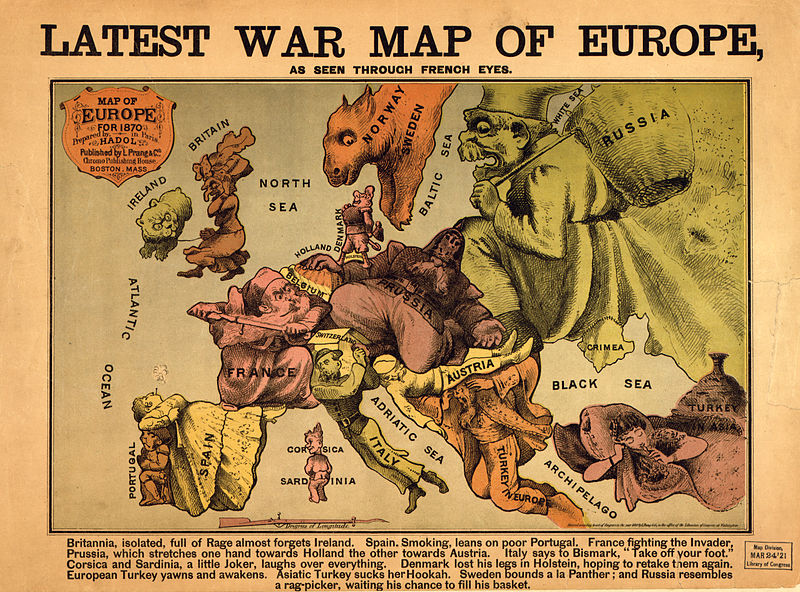

In contrast to most of the Western European empires, the Austria-Hungarian, Russian and the Ottoman empires were contiguous, with territories connected to each other by land. And so that made them hypersensitive to any competition.”įrench and British fears about Germany’s empire-building are part of what drove European nations to form alliances and informal agreements in the decades leading up to World War I, dividing Europe into roughly two opposing camps. Although Germany was nowhere close to achieving this, Fogarty says, “the British couldn’t even tolerate the idea of a threat to their naval supremacy, because they had an empire to secure. Great Britain was also concerned about Germany’s attempt to build a navy that might challenge its own.

“What happened, though, was that they were conditioned to think of each other as competitors,” he says, “and to think of the world as this zero-sum game in which the French pursuit of empire could only come at the expense of the German pursuit of empire.” “France and Germany did not go to war over Morocco,” says Richard Fogarty, a history professor at the University at Albany and co-editor of Empires in World War I: Shifting Frontiers and Imperial Dynamics in a Global Conflict. For example, France and Germany, two main rivals during World War I, competed with each other for control of Morocco in the decade before the war. Although colonialism in Africa wasn’t a direct cause of World War I, it helped create an environment in which European empires thought of themselves as rivals who could only succeed at the expense of other empires. The European empires that invaded Africa saw colonization as a way to exploit forced labor, extract resources and become more powerful in relation to other European empires. After the legal abolition of slavery, new technologies like steamboats and quinine allowed Europeans to invade much more of the continent. In the centuries before the Scramble for Africa, European empires had invaded African coastal nations to capture and enslave people but mostly hadn’t managed to invade farther inland due to navigational difficulties and the threat of diseases like malaria. Most of this colonization happened after 1880, during a period known as the Scramble for Africa or the Partition of Africa, in which European empires competed with each other for control of African territories. Senegal became a colony of France in 1895.īy the time World War I began, almost all of the African continent was under some form of colonial rule by Great Britain, France, Germany, Italy, Belgium, Spain or Portugal. An estimated two million Africans served in World War One as soldiers or labourers.French soldiers on the streets of Senegal, circa 1900. Not all of the above fronts existed for the whole of the war, but their span is truly remarkable. In Africa, the Allies (principally Britain, France, Belgium and South Africa) fought to take over the four main German colonies there - German South-West Africa (now Namibia) German East Africa (now Tanzania) the German Cameroons and Togoland (modern-day Togo). There was fighting in 1914, as the Japanese captured the German territory of Tsing-tau.
#European war 1 series
In the South Pacific, the Australians fought to capture a series of German colonial island territories, including New Guinea which Australia then occupied for the rest of the war.

The British opened fronts in Gallipoli, at the Dardanelles straits in Mesopotamia - what is now modern-day Iraq - where after a series of setbacks they ultimately captured Baghdad and in Palestine, where they fought up from Egypt to capture Jerusalem. As the warring parties sought to break the deadlock the conflict spread even further.


 0 kommentar(er)
0 kommentar(er)
